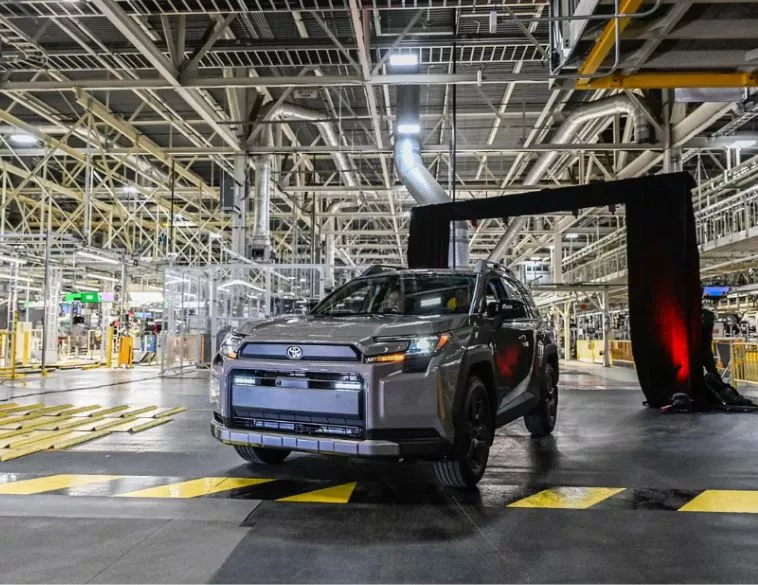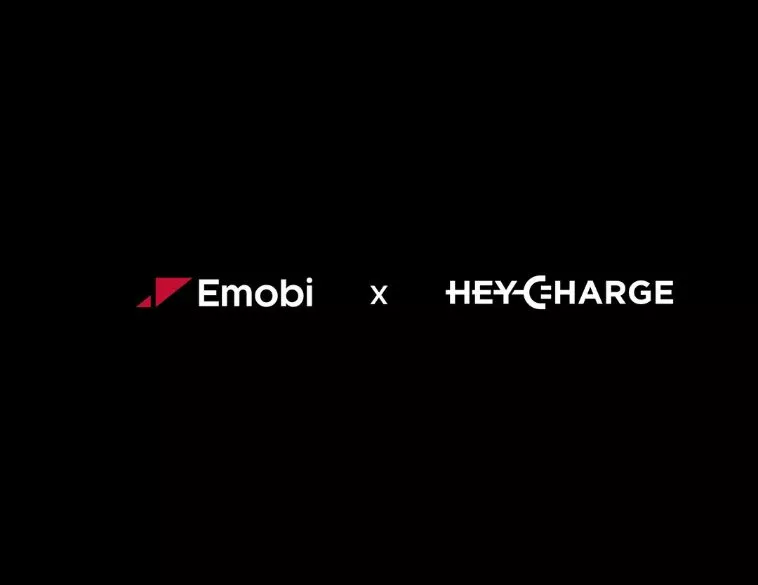Huge Cost, Poor ROI

Many political leaders have been engaged in the blind pursuit of a 100% EV future where “evil” ICE powerplants will be banished to history. This unhealthy single-minded pursuit of a goal ignores the consequences, including the well-being of the population and the economy.
Conveniently ignored
Politicians with this blind ambition operate in a self-created echo chamber, only listening to people supporting their unrealistic goal. Many supporters, academics, scientists, NGOs and media receive funding from the very politicians they support. Facts supporting an alternate view, showing the futility of this blind ambition, are conveniently ignored.
Well, blind ambition cannot overcome reality, and markets eventually respond to reality. Market reaction has started and in some cases it has been brutal.
In early 2024, data showed residual values of EVs were dropping at an alarming rate, creating significant discomfort in the leasing and fleet sectors. An April 2024 study in the U.S. showed, over the previous 12 months, values of used EVs fell by 31.8% compared to only 3.6% for ICE vehicles.
Dire situation
By January 2025, leasing companies and fleet operators in the UK faced a dire situation. A major trade body said leasing companies have only survived a 60% decline in used EV prices, since 2022, because healthy prices on used ICE vehicles offset EV losses.
Depreciation has been just as brutal in the individual owner market. In August 2024, Wired Magazine reported that some EVs were losing 50% of their value in one year. In one case, a premium German EV was losing more than $600 per day, thus its resale value would be wiped out in less than 12 months. In the UK, the Ford Mustang E depreciated 52% along with the Polestar 2.
Strategy re-think
In November 2024, Porsche’s CFO stated in an investor call that Porsche would have to rethink its EV-centric strategy. The new Macan EV and the Taycan were missing sales targets. Taycan resale values were plummeting. Porsche is not alone when it comes to this situation.
Billions of dollars of taxpayer money invested to subsidize the development and sales of these underperforming and rapidly depreciating EVs has produced poor ROI.
In November 2024, Europe’s best shot at a homegrown EV battery champion, Swedish company, Northvolt, filed for Chapter 11 Bankruptcy in a U.S. court. Europe and Canada had hoped Northvolt would reduce Western reliance on Chinese suppliers who control 85% of global production. Northvolt’s slogan was “Make Oil History”.
Northvolt’s route to collapse started in June 2024 when BMW AG cancelled a multi-billion-dollar order. By 2025, Northvolt filed for full Bankruptcy. Northvolt was developing a plant in Quebec having convinced both the Federal and Quebec governments to invest billions. To date the Quebec Government invested $270 million, and provincial pension investment manager CDPQ (Caisse) invested $200 million. Quebec taxpayers may lose $470 million. Thankfully, as the plant is not completed, this is only a portion of the total $4.2 Billion promised by the Feds and Quebec.
Construction delays
This is not the first blow to battery manufacturing efforts in the west and in Canada. In July 2024, Umicore ceased construction on a $2.7 Billion EV battery plant in Loyalist Township, near Kingston, Ontario. Umicore said this was due to significant negative indicators for the EV market impacting battery demand. Umicore is unable to provide any updates on when construction will restart.
These are just two examples in the battery sector. Billions of dollars of taxpayer money committed to subsidize EV battery manufacturing means money is not available to other industries able to deliver a better ROI.
Reality destroys fantasies…





